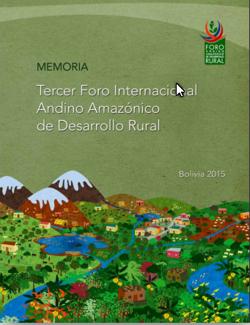Foreign Direct Investment (FDI) in Land in Cambodia
This BMZ comissioned report by GTZ highlights the dramatic increase of land concessions and rising inequality in land distribution in Cambodia. Parts of the study refer to an earlier report by Uch Sophas “Foreign Direct Investment in Land for Biomass Production in Cambodia”. The South-East Asian country Cambodia has an area of 181,035 km2. The Government of Cambodia is adapting its activities to attract FDI, which has lead to a steady increase especially since 2007.




